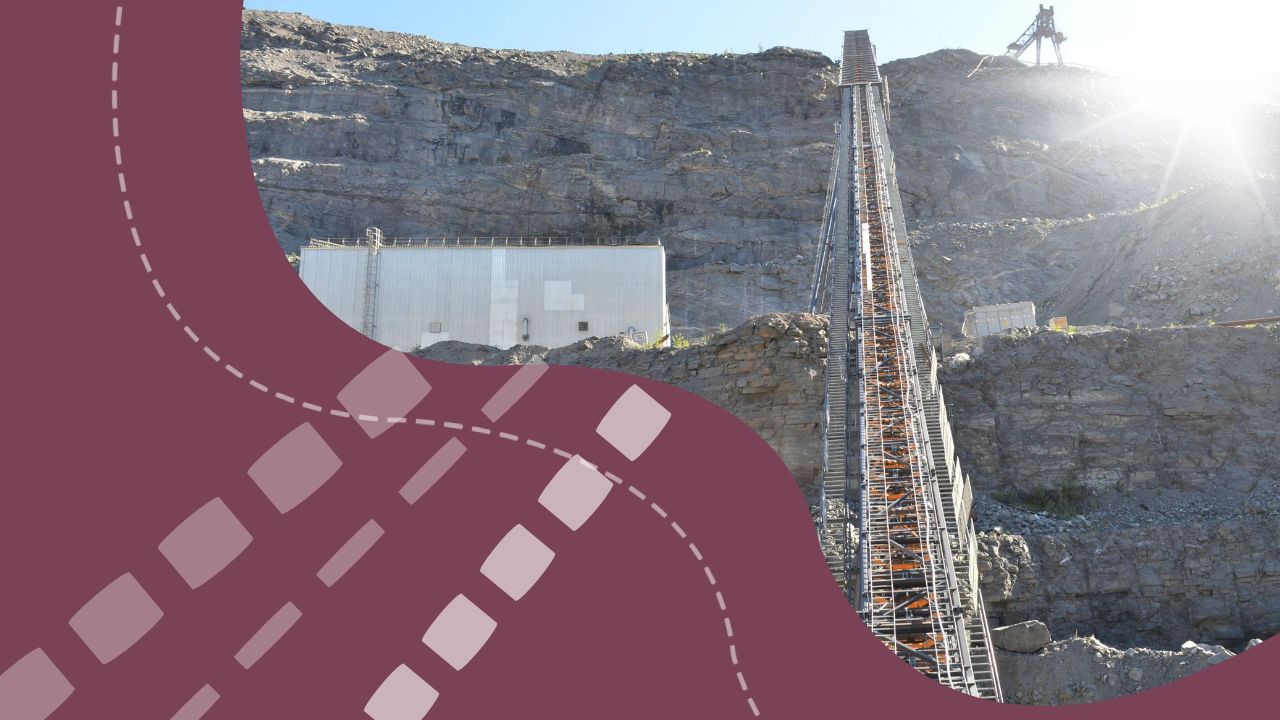According to the survey conducted by the initiative group “Green Kyrgyzstan” regarding the construction of a nuclear power plant in Kyrgyzstan, it is evident that the population holds a predominantly negative sentiment towards this initiative. The survey revealed that approximately 89% of respondents associate the construction of a nuclear power plant with addressing the shortage of electricity in the country. The population recognizes the insufficiency of hydropower due to water scarcity and expresses concern about the energy crisis and its underlying causes.
A significant majority, approximately 78.9% of those surveyed, believe that the country is not ready for the construction of a nuclear power plant. This sentiment primarily arises from the lack of information provided by the government regarding the measures taken to mitigate the risks associated with nuclear power. Transparency in discussing safety measures is also highlighted as a concern.
The survey respondents expressed their reservations about the location of the nuclear power plant and the accountability of those responsible for its operation. They emphasize the need for specific details and assurance that all conditions will be met. The lack of trust is further amplified by a previous experience with a thermal power plant, where inadequate modernization resulted in malfunctions during the first winter.
Regarding the involvement of foreign specialists in the construction and operation of the nuclear power plant, a majority of respondents (65.9%) stated that they would not consent to it. The population fears that foreign experts may leave after the project’s completion, relinquishing their responsibility for the safe operation of the plant.
When it comes to domestic specialists, opinions were more divided. While 50.7% of respondents expressed willingness to entrust the construction to local experts, provided that all risks are shared, they also emphasized the need for enhanced training and expertise in the field.
One of the primary reasons for the negative sentiment towards the nuclear power plant is the apprehension surrounding atomic electricity generation itself. The majority of respondents (75.9%) believe that thorough research on the risks and experiences of other countries has not been adequately conducted before discussing the construction of a nuclear power plant. They advocate for a comprehensive evaluation of long-term implications and decision-making based on foresight.
The survey indicates that the population has concerns about the potential dangers posed by a nuclear power plant to the environment and the entire population of Kyrgyzstan. The disposal and storage of radioactive waste, the risks associated with corruption and human factors, as well as increased seismic activity in the mountainous region, are all identified as significant risks.
Furthermore, respondents worry that a nuclear power plant could become a target for extremists due to its proximity to Afghanistan, potentially leading to destructive acts. The memory of past nuclear disasters, such as Chernobyl and Fukushima, also fuels anxiety, with 87.2% of respondents believing that a similar incident could occur in Kyrgyzstan.
When asked about peaceful nuclear research, opinions were nearly evenly divided. While some expressed pride in Kyrgyzstan becoming a leading country in various nuclear research, others highlighted the potential risks associated with nuclear energy. A majority (59.4%) did not support the use of safe nuclear energy or the construction of a nuclear power plant in Kyrgyzstan, citing a lack of information about the country’s nuclear energy experience.
In terms of decision-making, most of the population (63.3%) believes that the question of constructing and commissioning a nuclear power plant should be decided through a nationwide referendum. A significant portion (56%) also believes that competent individuals in the field should participate in the decision-making process, as there is limited trust in the government’s ability to make informed decisions due to frequent turnover.
Ultimately, 64% of those surveyed expressed strong criticism and proposed a complete moratorium on the construction of nuclear power plants in Kyrgyzstan. These survey results reflect the deep concerns and fears held by the general population regarding the proposal to build a nuclear power plant in their country.

